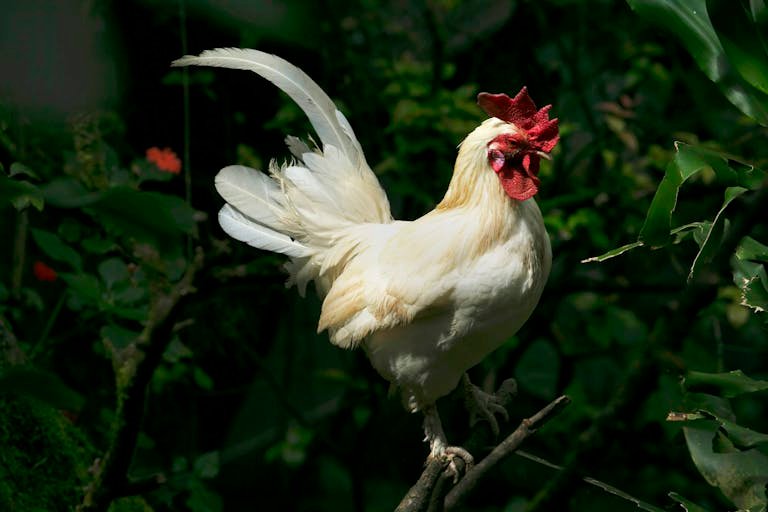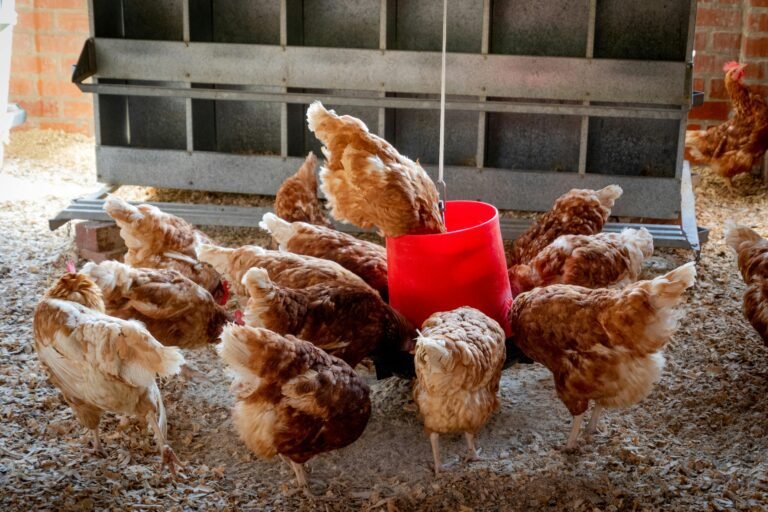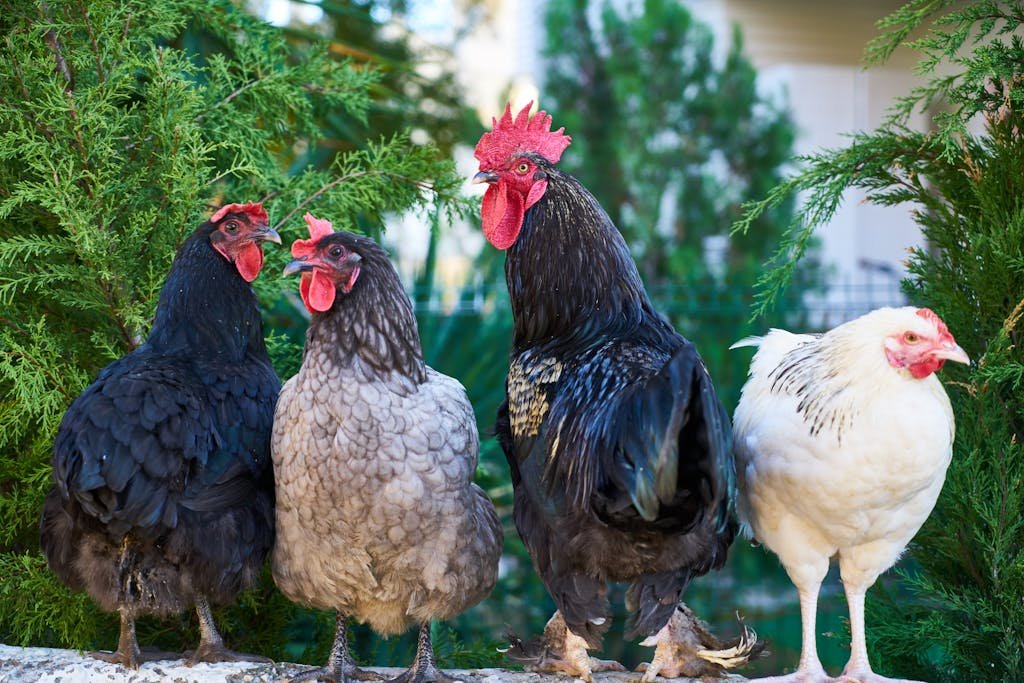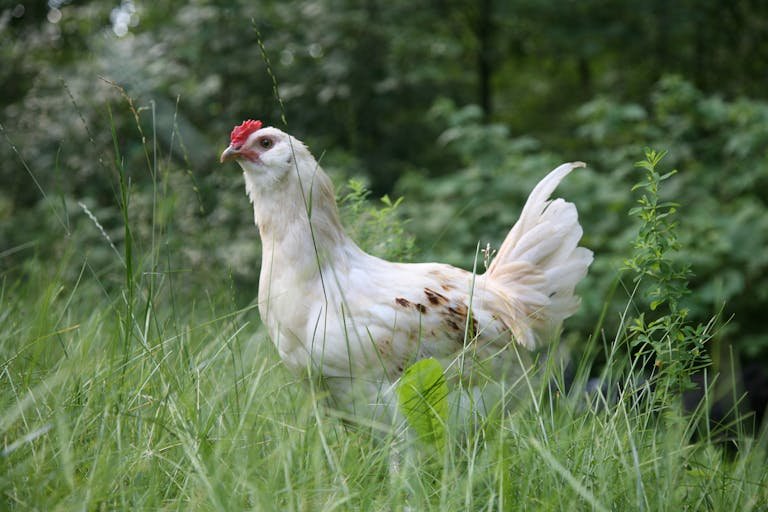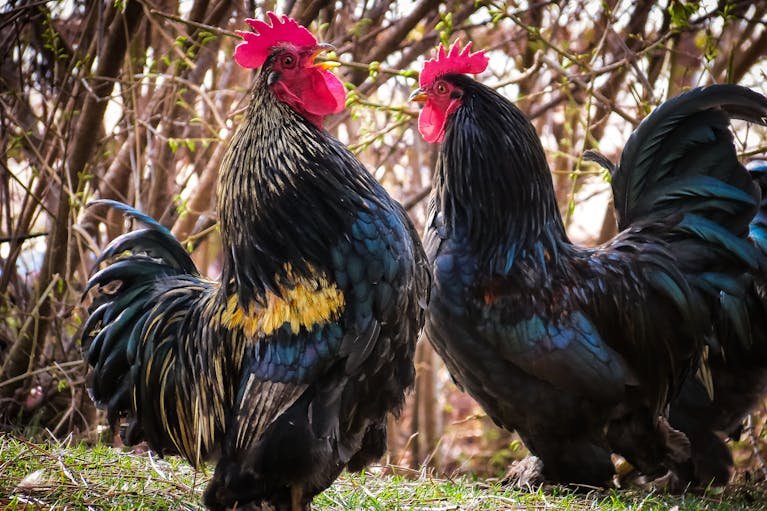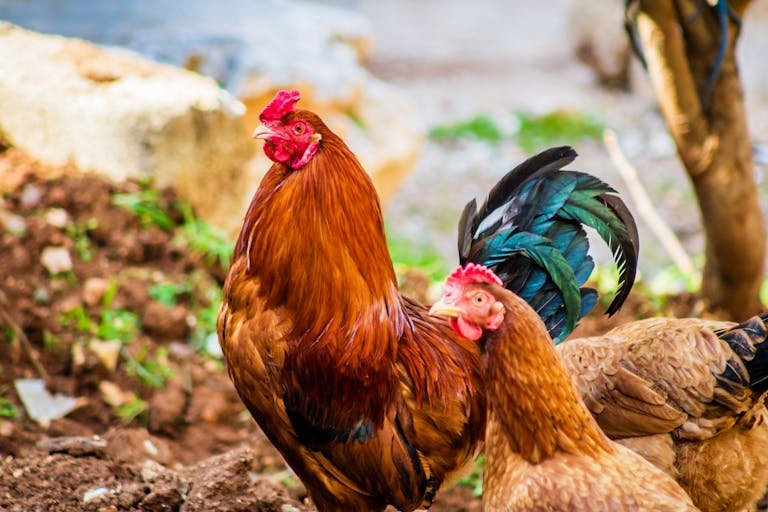Do Chickens GROWL? Myth or Backyard Beast
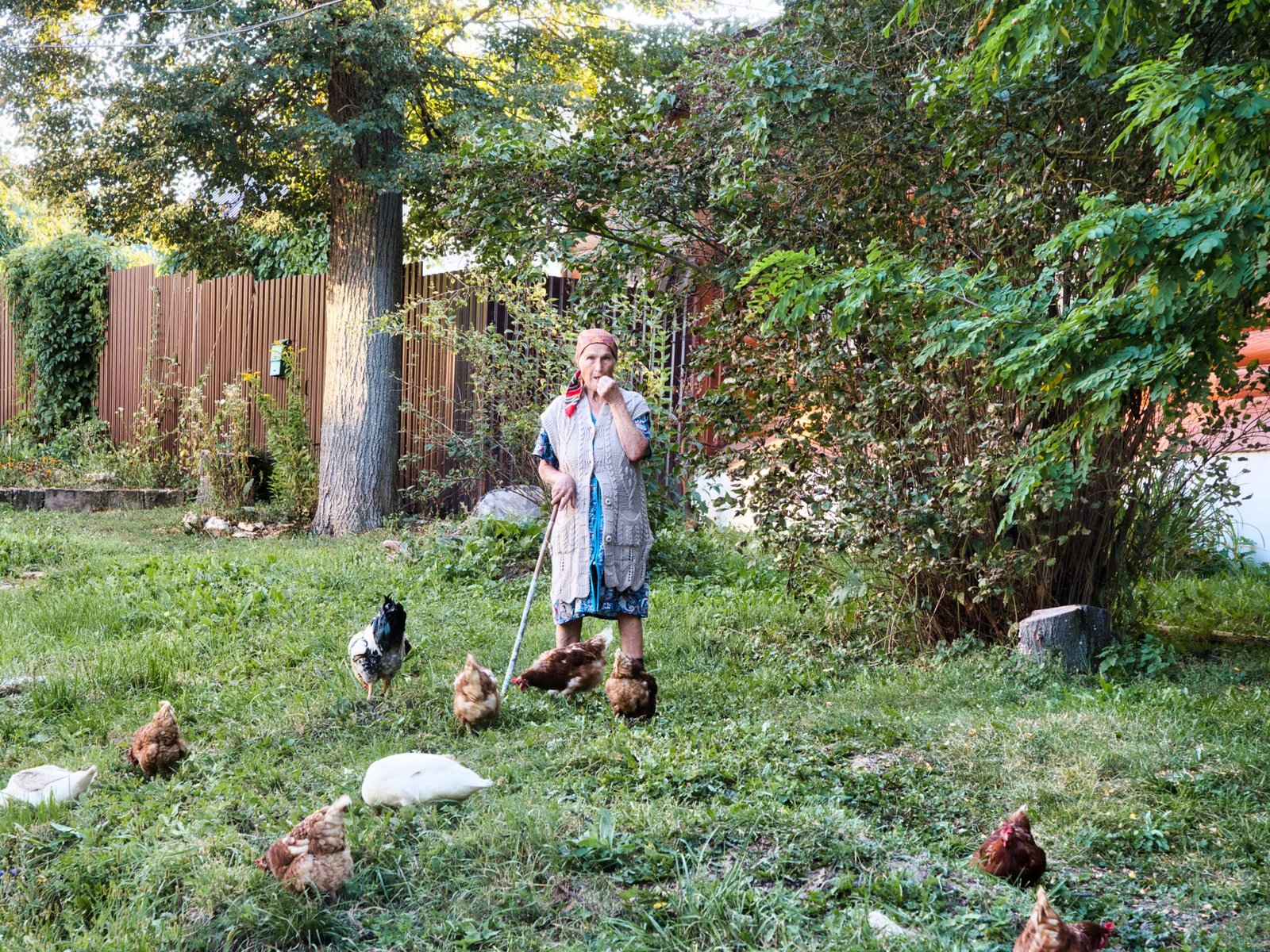
The short answer is yes, chickens do growl. This may come as a surprise to many people, but chickens do possess a rich repertoire of vocalizations, each with a specific function. Knowledge of these sounds enables people gain insight into their actions and health status. In this article, we’ll explore the Do chickens growl? and more importantly, how to decipher these sounds to improve the health of your birds.
The Vocal World of Chickens
The Importance of Chicken Communication
Chickens are social animals which mean that they use both vocal and non-vocal ways of expressing themselves. It appears that they are able to emit a variety of sounds to convey feelings, to alert other members of their presence of intruders, or to set up the dominance-podium and to interact with their offsprings. Being aware of these sounds and that enhance the way we handle and relate to these birds.
Common Chicken Sounds
- Clucking: This is the most familiar sound that is given when the hens are feeding or interacting closely with their chicks.
- Crowing: Usually, crowing is related to roosters and it is a method to show off and claim territory.
- Cackling: Roosters crow by day, while hens cackle loudly after laying an egg; this may be to inform others of the location of a nest.
- Trilling: A gentle cooing sound that the hens make when they are either brooding or just pleased with life.
- Growling: A less common different sound that serves to signal different types of pain, fear, submissiveness, or anger.
Understanding Chicken Growling
What Does Growling Sound Like?
Chicken growling is a deeper sound than the other vocalizations it is able to make and is a much more distinct rumbling. It can be mistaken for purring, it is much louder and has a rougher timbre to it. This sound can be really shocking especially when one is not prepared for it, which is usually the case when it comes from a chicken.
Reasons Why Chickens Growl
Protection of Territory
Roosters, for example, are known to growl when threatened or feel that their territories are intruded upon. This growling is to communicate to other chickens or potential attackers that they are able and willing to protect their territory.
Brooding Hens
The mature female chickens or broody hens guarding the eggs to hatch will growl just like a dog. It also helps to keep other chickens or animals which may be interested in their eggs away from their nest.
Stress and Discomfort
Chickens could vocalize like growling when they are irritated or when they are not comfortable. This can be as a result of various reasons including density, environmental conditions, or perhaps a shift in their habitat.
Aggression
In some cases, growling is a sign of aggression. Chickens will make a low growling noise when feels threatened by other birds especially the ones higher in ranking in the hen house.
Interpreting and Responding to Chicken Growling
Identifying the Cause
The first thing you should do when you hear the chickens growling is to try and find out why it is doing so. Another way is to pay attention to the circumstances that surround the growling acoustics. Is it happening near a nest? Is there a new addition to the flock? Are there any signs of illness or injury?
Ensuring Safety
When the growling is caused by territorial behavior or protective broodiness, it should be avoided to disturb the chicken. Make sure that no others chickens or any other predator come near them. When hens go broody, they should be given a secure and private place to sit since this is beneficial for them.
Improving Living Conditions
If growling is attributed to stress or discomfort, assess the conditions under which your chickens live. Make sure they are comfortable and well fed with clean water and foods that are healthy and have enough space. Other means of minimizing stress include cleaning their coop often as well as ensuring that they give the birds some form of entertainment.
Managing Aggression
When birds or animals growl because they are angry, it becomes necessary to control the interactions within a flock. In this case, moving the aggressive chickens apart or giving the chickens more living area is a good idea. In some situations, particularly with birds that might turn aggressive, the decision to rehome such a bird might just be for the safety of other birds.
Other Chicken Behaviors and Their Meanings
Feather Pecking
Feather pecking may signify that the birds are bored, starved or that too many birds are housed in a single area. This behavior can however be reduced if the cat is fed a balanced diet and is given enough space to play.
Dust Bathing
Dust bathing is essential in the life of the birds and it is proven that it aids in cleaning the feathers and getting rid of parasites. They should also have a dust bathing area which is crucial to the overall health of elephants.
Preening
Preening is a sign of a healthy, happy chicken. It involves using their beak to clean and align their feathers.
Foraging
Pecking is innate behavior that consists in the movement of the chickens on the ground in the search of food. This will help in keeping them free ranged or offering foods that will keep them preoccupied and happy.
Read Also: Backyard Birds: Feathered or Furry?
Final Words
Chickens are quite an interesting subject with a complex activity spectrum as well as an impressive vocal repertoire. Of course, chickens do growl, and identifying the reasons behind this sound can improve your experience of poultry care significantly. Understanding the causes of chicken growing and addressing them, is important in maintaining health chicken flock. Whether it is offering a safe area for a hen which is ready to lay eggs or enhancing living conditions as a way of reducing stress, there are always good returns.
